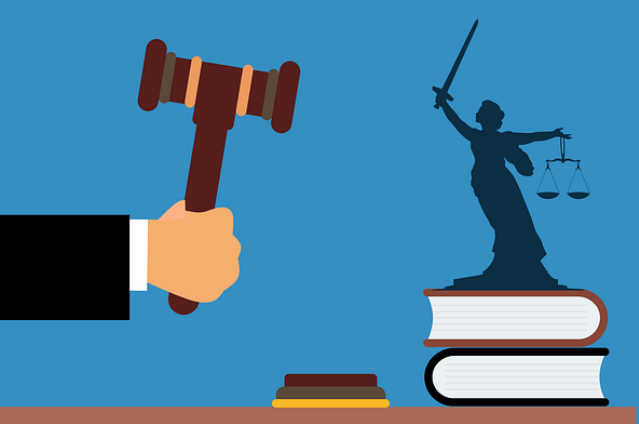
Commencement of Public Interest issues:
In the ordinary course of law, a person can go to court only when he has suffered any personal harm, that means, in case of violation of his right or getting caught in any dispute, a person can approach the court for justice. Can knock. This concept changed in 1979. In 1979, the court decided to hear a case that was filed not by the victims but by others on their behalf. In 1979, news appeared in the newspapers about the undertrials that even if they had been sentenced, they would not have been for the same period as they have spent while under trial.
Based on this news, a lawyer filed a petition. The Supreme Court accepted this petition. This case went on in the Supreme Court, this petition became famous as a public interest litigation, thus it was started by the Supreme Court from 1979. Later on many other similar cases were named as Public Interest issues
Importance of Public Interest:
After the year 1980, through public interest issues and judicial activism, the judiciary has also shown interest in those cases where people from certain sections of the society, ie poor people, cannot easily take shelter of the court. Emotional citizens, social organizations and lawyers have been allowed to file petitions on behalf of the needy and poor people of the society.
This has led to an increase in the number of such cases. In which citizens having the spirit of public service filed a public interest litigation seeking intervention from the judiciary to improve the lives of the poor. To fulfill the rights of the poor people to improve the life of the poor, to make the crime against exploitation meaningful, for the liberation of bonded labor and to stop the trafficking of girls, voluntary organizations have come up with public interest litigations to prevent many types of exploitation. can seek the intervention of the Court.
The court starts considering these complaints on the basis of them and relieves the aggrieved persons from exploitation. The circulation of these public litigations, however, has increased the burden of work on the courts. But poor people have benefited from it, it has democratized the justice system. This has compelled the executive to become accountable. Many bonded laborers have been saved from exploitation and child labor in dangerous works has been banned.
Effect of public interest issues:
- Due to this, the courts widened the scope of powers.
- This also gave an opportunity to various groups to go to court.
- It democratized the judicial system and forced the executive to become accountable.
- But this also increased the workload on the courts and blurred the distinction between the functions of the three organs of the government.
